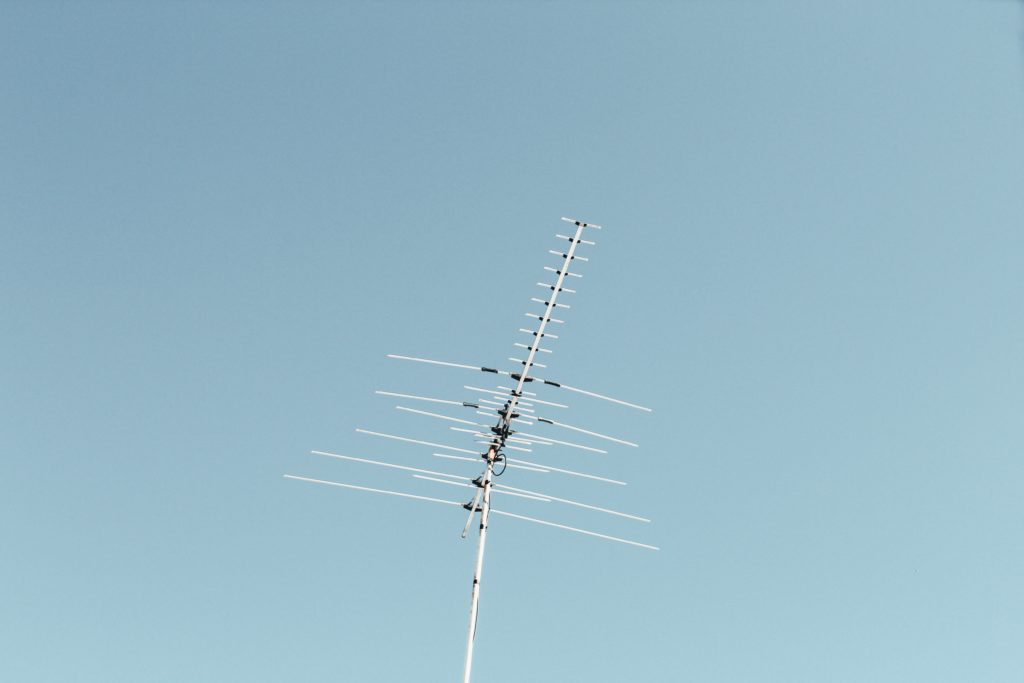Introduction:-
To ground an outdoor antenna it is advised to follow the guidelines of the “National Electrical Code” in the United States. There may be variations in the laws across states and abroad. So, before beginning any work on your home, always verify the laws and ordinances in your neighborhood. Let us know ‘How To Ground An Outdoor Antenna?’

How To Ground An Outdoor Antenna?
Before installing an antenna, there are several factors to consider depending on your circumstances. It is advised to hire a professional technician to install an antenna outdoors correctly. To install the antenna, you can either search for Home Advisor or contact experts.
You can simply connect the antenna to the grounded coaxial cable that was coming from the roof to replace an exterior antenna. Also, replace the ground wire if necessary, as it will corrode over time.
Steps For Grounding My Outside Antenna
Although it is not difficult to ground an antenna on your own, hiring a pro to do it for you should not be too expensive. The steps are listed below in case you want to try it:
Find the ground wire for your home’s service. The “Power System Grounding Electrode” label is attached to the home’s ground wire and this line is often located close to your electric meter or where the power enters your home. This is usually outside the house, but close to your breaker panel. Coming out of the earth, it ought to be a copper wire with a thick gauge. The service ground in your home should be used to ground an antenna.
Affix the ground wire to the residence’s ground. The ground wire has a clip on it and it’s better to use a ground clamp to join a solid copper wire to the house service ground. The minimum American Wire Gauge size that should be used to link the antenna to the home’s service ground is 10, or one-tenth of an inch. The kind of clamp connector you want depends on the size of your ground wire. The house ground wire must be at least AWG in diameter.
The diameter of this is around one- fourth inch of the camp that will link the ground wires of your residence and antenna. Also, you can use any size wire for your antenna ground as long as it is less than your house ground. Additionally, Amazon sells a range of clamps and wires online. Because stranded wire can grow brittle over time, make sure to choose solid copper wire.
Fix the antenna to the surface. To connect the antenna to the ground, the coaxial grounding block can be attached to the ground wire’s other end. The block will feature a space for your ground wire and two female coaxial connections. The right coaxial cable connects to the digital tuner, while the left coaxial connector links to the antenna, possibly on the roof.
Now that your coaxial is grounded, kindly make sure to verify your television’s channels to make sure they are still being received. If done correctly, there shouldn’t be much extra noise in the system. If the antenna has already been installed and the coaxial junction cannot be unscrewed to attach the block, there is no need to stress about.
Putting the Antenna Mast to Ground The challenging aspect was grounding the coaxial. You shouldn’t use the clamp once more to ground the coaxial to the building’s ground.
Hence, your antenna is fully grounded.
Conclusion
The antenna can help prevent lightning strikes by being grounded. During a thunderstorm, static electricity will build up on everything conductive that is not grounded. By grounding the antenna, any charge that may otherwise attract a strike is released since as the charge accumulates, it will attract lightning.
Frequently Asked Questions
Q1. Is it necessary to ground the outdoor antenna?
It is recommended that every outdoor antenna be grounded because metal is present inside the plastic coverings that protect the antennas. Also, just as the TV signals are designed to carry and collect electricity, so too are the antennae. Thus, if lightning strikes your home, a problem may result. It is best to be somewhat informed and updated to reduce the likelihood that direct lightning may strike your home to avoid such issues and further damage.
Q2. What is the reason behind this procedure?
The reason behind grounding electrical systems is to guard against indirect impacts and other indirect electrical energy. A lightning strike is so potent that it can endanger an electrical system that does not connect to the ground even if it occurs in your neighborhood.
Q3. What happens if I do not keep my TV antenna grounded outdoors?
It is safer to ground your antenna outdoors as by grounding the antenna, any charge that can build up and attract a strike is released. Also, an ungrounded antenna can damage your TV tuner as the charge reaches a high enough potential to discharge down your cable.
